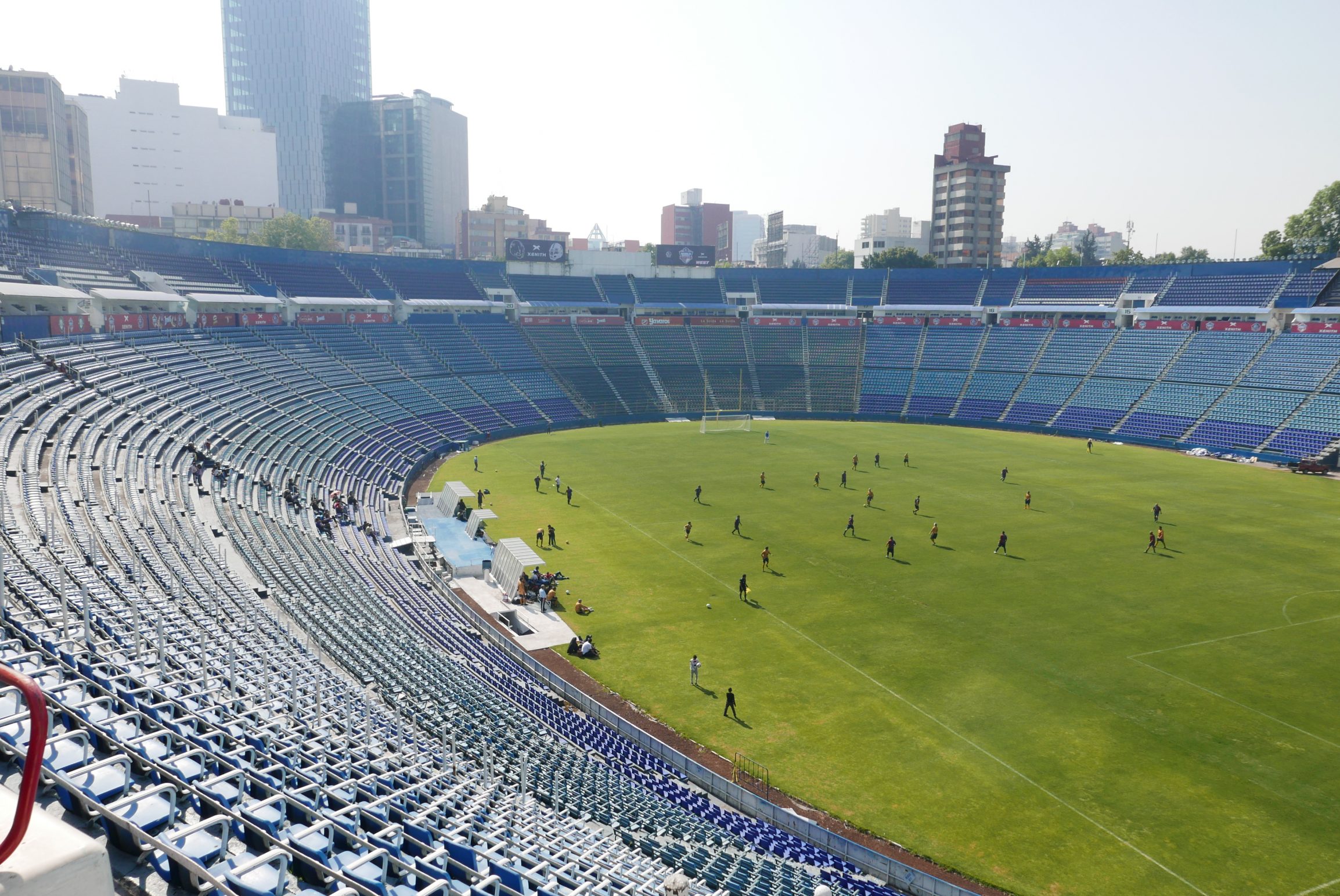There are endless talks about reforming the UEFA Champions League. But those ideas do not tackle the core problems of the European competitions. Here is an alternative model.
Who the fuck am I? A football romantic, and a business strategist. Whether that qualifies me to come up with new ideas for European club competitions is up to you decide. But only after reading about my proposals of course.
Problem analysis
Let’s first start with an analysis of the real problems:
- big clubs want more matches and more income (especially those from Italy)
- the Champions League has become way too predictable: always the same teams from the same leagues in the quarter final and beyond. The group stage is boring. Teams from smaller football countries (Netherlands, Sweden, Rumania, Greece) don’t stand a chance
- the Euro League is not attractive enough and therefore fails to appeal to a bigger audience and attract enough TV money
- the income from the Champions League is so huge that the teams qualifying for it have a massive advantage in the domestic leagues. Which leads to eternal champions such as Bayern (Germany), Paris (France) and Juventus (Italy)
The proposed reform, led by Juventus director Agnelli, suggests more teams in the group stage in the Champions League (36 instead of 32) and more matches (ten instead of six). This indeed brings more matches, but doesn’t solve the problems of attractiveness and predictability. It even makes these problems worse. Not to mention that the new model (a competition based on a Swiss method, where a lottery determines which ten opponents out of 35 possible you get) is way too complicated and betrays the basics of sport.
Back to basics
The original idea behind the Champions League, generate more money by marketing the competition better, has been extremely successful. But by expanding the competition, it has lost the exclusivity and unpredictability. Not only are most participating teams no champions (which is a semantic issue), they also come from the same countries.
So the proposed changes to the Champions League format would be:
- stick to 32 teams
- from the smaller countries the champions qualify, from the big leagues the first two teams
- the rest of the format would remain the same, with the introduction of a ‘Week of Football’ (see later), after a successful improvised version because of the pandemic in August 2020
This solves several key problems. The participating teams would change more often. The geographic spread of participants would spread, and automatically divide the money in a different way. It would make the competion more attractive all over Europe.
The ‘other’ league
You can already hear the revolt of the big clubs from the big leagues that become 3rd, 4th or 5th. But the intelligent part of this proposal is of course that it will create a much more interesting Euro League. Because for that competition, all the other clubs would qualify.
This would not only increase the geographic spread again, so fans of for example Hajduk Split can finally dream again of the occasional match against Arsenal or Atletico Madrid. It would also split the Champions League into two much more attractive leagues. The overall revenue should therefore rise as well.
How this format would work?
- group stage with 8 or 16 groups of 4 participants each (I prefer 16 groups to increase geographic spread)
- with 16 groups an additional knock-out round (like in the current situation)
- the semi-finals and finals would be integrated into the ‘Week of Football’
This ‘Week of Football’ should add to the geographic spread of these competitions, so people from smaller countries have the chance to see the best football teams in action. It would work like this:
- based in one country (theoretically in one city, but not necessary) in Europe. Not outside of Europe, because the fans of the participating teams should be able to visit
- the semi-finals of the Euro League (saturday) and Champions League (sunday)
- the final of the Euro League on tuesday, the Champions League one day later
- on the second saturday the big Super League final, with the winners of both leagues battling for the biggest club title
Please note that this last match would replace the Super Cup, which in the current form is a meaningless game at the start of the season between a big team from the Champions League and an average team from the not-so-strong Euro League.
Unreasonable demands
This should solve some of the problems mentioned at the start. It should generate more overall money without increasing the number of matches. It should give more teams from smaller countries the chance to participate. And thus would make the European competitions more tangible for football fans across the continent.
What it would not do is increase the security of participation of big clubs from big countries. That is an unreasonable demand: When clubs threaten to establish a Super League, let them. It would be a competition detached from reality and detached from fanbases everywhere. Personally I think it’s pure bluff. But if these clubs are so convinced it’s a brilliant idea, let them try…
Let’s talk about money
Until now I am pretty convinced these proposals would solve a lot of the problems of a huge majority of the clubs. Maybe not the biggest, but you can’t make everyone happy.
The last part of my proposals is more controversial, because it’s about money. But the reason beind the ideas is based on solid economic theory, amongst others the book Doughnut Economics by Kate Raworth. She explains that it often makes much more sense to see the economy as part of a bigger picture. And that in several sectors you should not look at the success of one or two big companies, but the sector overall.
Translated for the football sector it means that we should consider the Champions League and Euro League not as separate entities mainly for the participating teams, but as a nice extra for the participating clubs and a massive income generating engine for European football as a whole. More NFL, where the success of the entire league is important, indeed.
This is probably the most far-fetched idea of the plan. Because instead of the current solidarity payment (a ridiculous 4% of the Champions League revenue), most of CL money would be redistributed to the leagues. Yes, somewhere in the region of 50-75%. The participating teams still have the match revenue of the matches (audience, catering, merchandising) and a limited amount of price money based on their performance.
How one would exactly distribute the money to the leagues, and within the leagues, is up for discussion. Economic size of the domestic leagues might be an important educator. Maybe some parts of Financial Fair Play as well, especially with a target of lowering the unsustainable debt levels of especially the Italian and Spanish league.
This will in the short run hurt the really big clubs of course, let me be clear. But in the mid-term it would be very healthy for them. More competition domestically and internationally means a higher attractivity for fans in the stadiums and in front of the TV, and for the players as well. And isn’t that in the end what 99% of us want?





